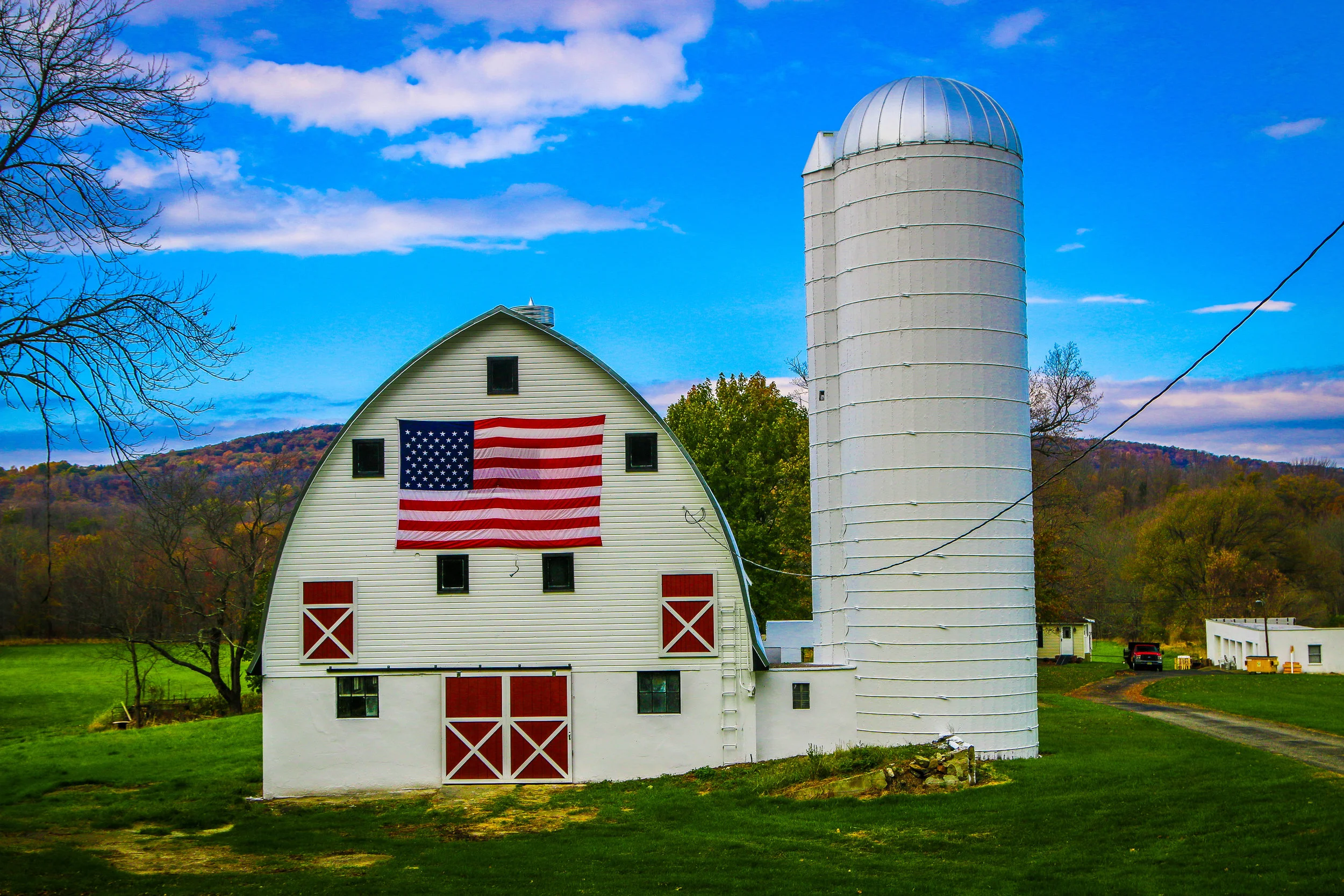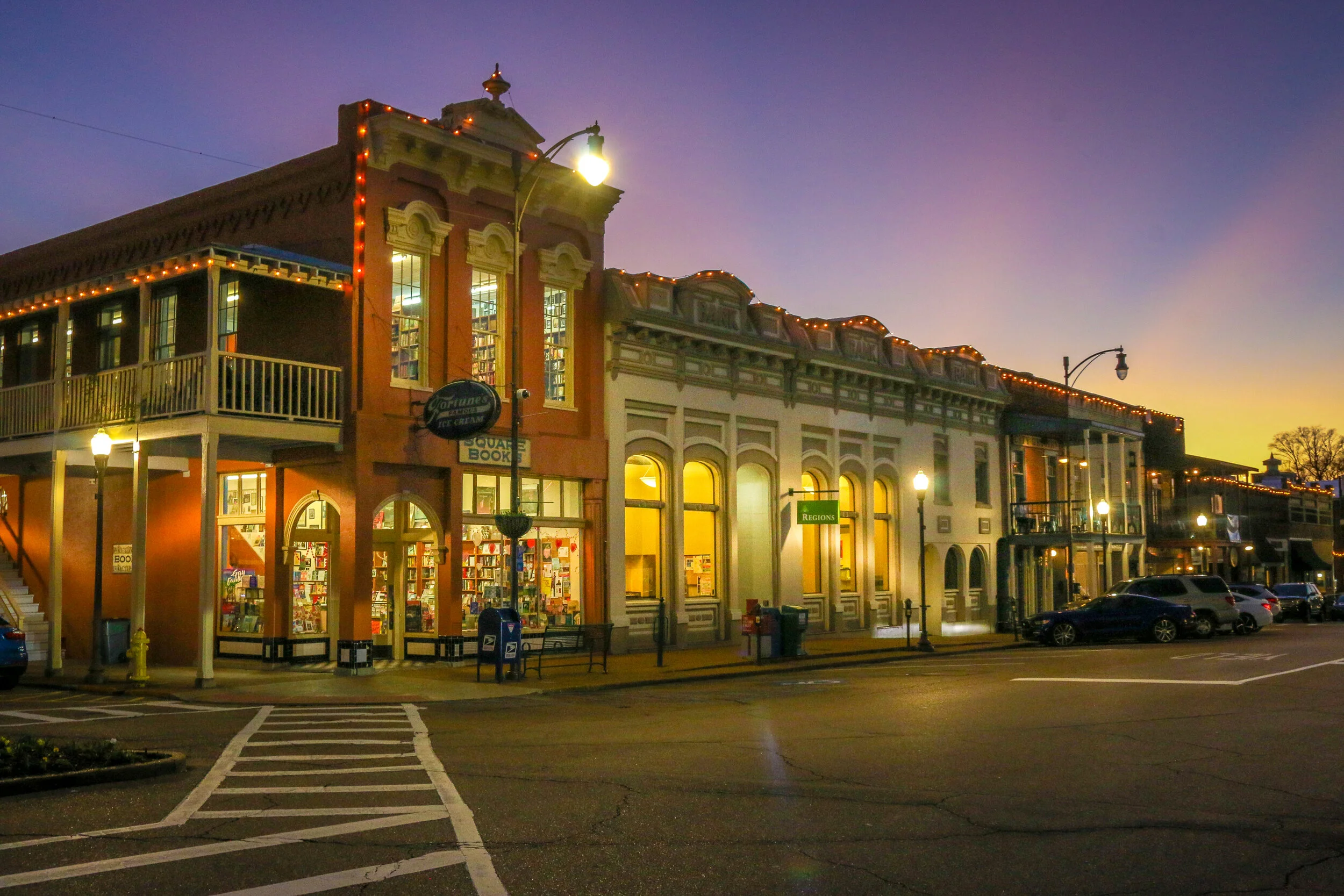If you know me, you know how much I love the Mississippi Delta. There is just something special in the air out there. The people, the music and the food are all incredible, and the landscapes and buildings captured my heart long ago. I know that it’s an incredibly impoverished region, and that part of what makes it beautiful is the decay that goes along with this poverty. I also know that this decay is part of what brings out tens of thousands of tourists every year and they make their ways down the Blues Trail, Country Music Trail and Freedom Trail, in search of real an authentic Delta experience. Making that work is a challenging balancing act. Places like The Shack Up Inn in Clarksdale and Tallahatchie Flats in Greenwood do a remarkable job of finding that balance. Many of these photos are from those two places. Some of these photos are dated - Po’Monkey’s doesn’t look anything like it does in these photos anymore after the passing of its proprietor Willie Seaberry, but the way it used to look is how I’ll always remember it. You’ll find that dusk is definitely my favorite time to be out taking photos in the area. I’ve been coming to the Delta for over a decade now, and I’ve seen a lot of changes - many for the better, some for the worse. Either way, it’s a place that keeps pulling me back, and every time I’m there I find some new treasure. I hope you enjoy these photos which represent some of the highlights of 10 years of traveling the region. They are my favorites.
Viewing entries tagged
Mississippi Architecture
The Square has been the heart of the town of Oxford since the town was founded back in 1837. The county which surrounds it was named Lafayette after Revolutionary War hero Marie-Joseph Paul Yves Roch Gilbert du Motier - the Marquis de Lafayette. Oxford took its name from the English home to Oxford University in the hopes it would help secure them a new state university, which it did in 1848 when the University of Mississippi or “Ole Miss” opened its doors. Ole Miss shut its doors during the Civil War when 135 of its 139 students enlisted in the Confederate Army. Sadly, all 135 were killed, most in the battle at Gettysburg. The town was occupied by Union forces during the war, and much of it was burnt to the ground in 1864. The town and university were rebuilt after the war, and both would go on to thrive, creating one of the wealthiest and most vibrant communities in the State of Mississippi. Today, The Square is still the heart of town and university life, with restaurants, shops, bars and one of the best bookstores in the country. I had a great visit to Oxford, and really fell in love with the photogenic central square. I hope you enjoy these photos of beautiful Oxford Square. Click on any image to enlarge it, and please contact me if you are interested in purchasing or licensing any of these images.
It’s always interesting to me to find how interconnected history can be. I never thought in a million years when I pulled into tiny Iuka, Mississippi that I would end up stumbling into the summer home of Colonel Robert C. Brinkley, the builder of the famed Peabody Hotel in Memphis. I found it even more interesting that it was this house which served as the headquarters of Ulysses S. Grant during the Civil War. This story sent me down a lot of rabbit holes, but I found the whole thing really fascinating.
Robert C. Brinkley, or “R.C.” as he was known, was born in Chatham County, North Carolina in 1816. He studied law at the Bingham School in North Carolina and moved to Tennessee when he was 20 and went to work as an attorney. Two years later, he married Ann Overton and they would have two children together. When Ann passed away in 1845, R.C. left his law practice and started focusing on real estate. He went on to become the president of the Memphis branch of Planters Bank, and began selling stock in the Memphis to Charleston Railroad.
It was during this time that R.C. traveled to London to try and raise money to purchase the rails necessary to complete this line. There, he met and befriended banker and financier George Peabody (whose finance business would be renamed J.P. Morgan after his death…




